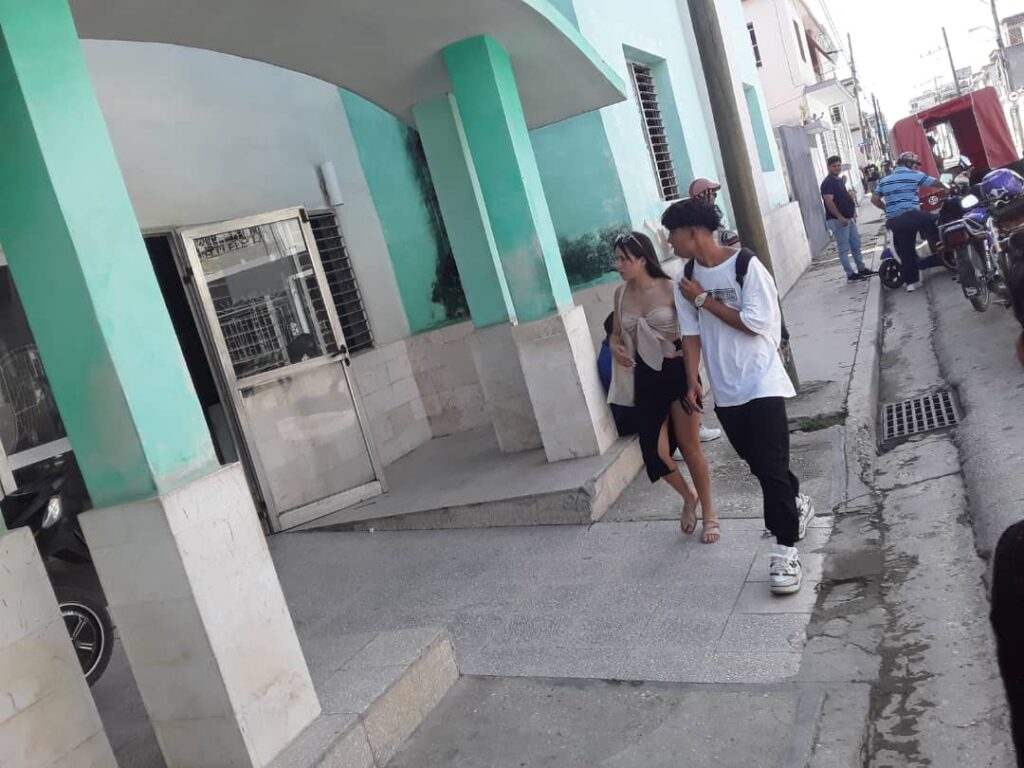
By Lien Estrada
HAVANA TIMES – I feel happy every time I encounter a curb cut, or other such accessible modification to the architectural barriers on the streets where I walk. To me, it’s much more than a sign of a new awareness – it’s also a palpable and valiant act of inclusiveness, like all acts related to inclusion. At the same time, it’s a manifestation of hope, self-improvement, and a sign of respect and love for life, with the mindset of making it more decent than what’s been true up to that point.
These values of our culture, although they may seem permanent, haven’t been with us always, or even for a long time. In fact, the rights of women, Afro-descendants, people with disabilities, trans people or those whose sexuality differs from the hetero-norm; plus the rights of children, animals and all the other rights have been under discussion only since the twentieth century, and on through today. We should also recall that they’re not the fruit of coincidence, or of resigned waiting, either; but of long-running, tenacious struggles waged over prolonged periods of time, where not even an inch of ground has been ceded. On the contrary, groups have taken their criticisms ever further, made them sharper, along with different ways of bringing to realization the ideals forged though the same struggles.
For these reasons, I feel a tingle every time I encounter along my path these concrete adaptations to accommodate all people. They make me aware that I’m living in a privileged historic era. On the other hand, however, it also saddens me to know that i


